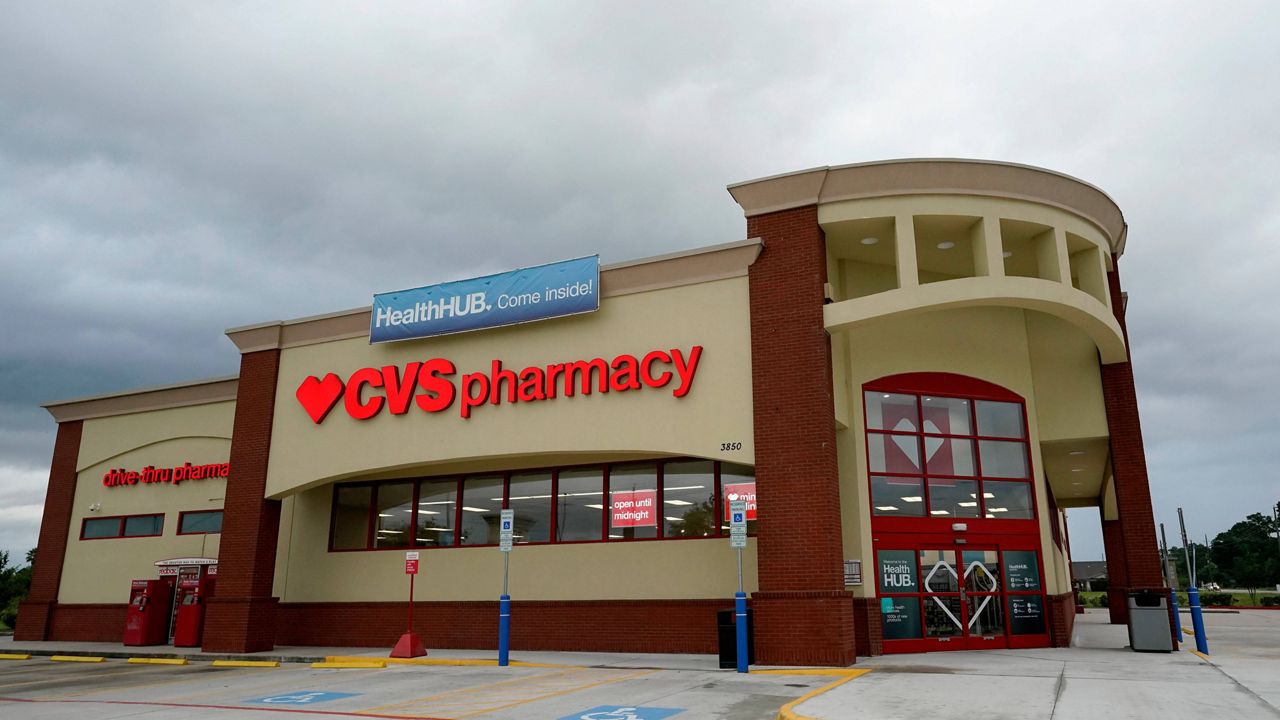Some national pharmacy chains – including CVS and Rite Aid – are limiting the number of emergency contraceptive pills customers may purchase after the demand for the medication has surged in response to the Supreme Court’s decision to overturn the constitutional right to an abortion.
CVS announced that it is temporarily limiting purchases of so-called “morning-after” pills to three boxes per transaction to avoid a shortage.
This decision comes after the U.S. Supreme Court overturned the landmark 1973 Roe v Wade decision which established abortion as a constitutional right, sending the issue of whether to permit or restrict the procedure back to individual states.
Emergency contraceptives, commonly known as “morning-after” pills, work by delaying or preventing ovulation and are intended as a backup method of birth control. These pills are different from abortion pills, which are used to terminate an established pregnancy.
In a statement to Spectrum News later Monday, a spokesperson for CVS said it had an “ample supply” of Plan B and Aftera – two products that can be taken to prevent pregnancy.
After the Supreme Court decision last week, CVS spokesperson Matt Blanchette said, the retailer saw "saw a sharp increase in the sale of emergency contraceptives and implemented a temporary purchase limit to ensure equitable access."
Blanchette went on to say that that CVS was in the process of removing the purchase limits because "sales have since returned to normal." That will go into effect in-store and online over the next 24 hours.
Pharmacy chain Rite Aid announced that it too would be limiting purchases of Plan B and Option 2 brand pills. Customers are limited to three pills per order, according to Rite Aid’s website.
“Due to increased demand, at this time we are limiting purchases of Plan B contraceptive pills to three per customer,” a spokesperson for the company told CNN.
Walgreens, however, said it had “no plans at this time” to place restrictions on sales of morning-after pills. Currently, Plan B pills are sold out on their website, but may be available in some stores.
Sales of emergency contraceptives have reportedly surged since the Supreme Court’s ruling last week, though the high court’s ruling does not cover that medication.
Stix, a reproductive health company, reported that sales for its morning-after pill surged by more than 600 percent in the 24 hours after the Supreme Court announcement, according to The New York Times.
Still, some experts have warned that efforts may be made to curtail access to contraceptives.
In a concurring opinion to last week’s ruling, Justice Clarence Thomas specifically called for the court to “reconsider” a number of landmark decisions, including 1965’s Griswold v. Connecticut, which protected the right of marital privacy against state restrictions on contraception.
"In future cases, we should reconsider all of this Court’s substantive due process precedents, including Griswold, Lawrence, and Obergefell,” Thomas wrote. “Because any substantive due process decision is ‘demonstrably erroneous’ … we have a duty to ‘correct the error’ established in those precedents.”



